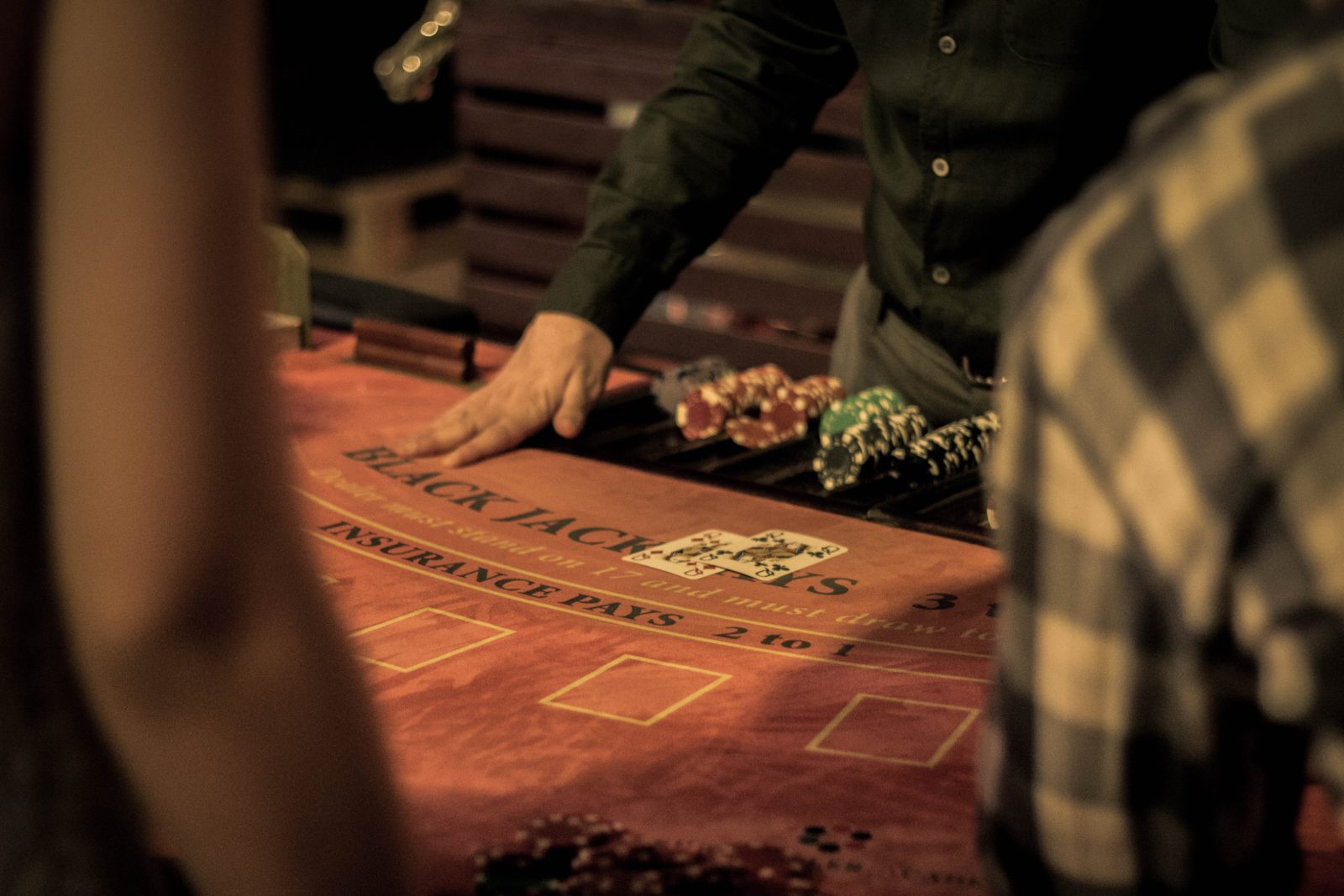
Gambling games have long been a engaging entertainment option, drawing numerous of players from different cultures around the globe. From the lively casinos of Vegas to the thriving gambling halls of the Cotai Strip, these games serve as a common thread that unites people across various backgrounds. The allure of luck, skill, and uncertainty entices not only those hoping to win money but also those looking for a feeling of belonging.
The significance of casino games extends far beyond the gaming floor. They often embody the social norms and principles of the cultures in which they prosper. Games such as poker, blackjack, and the spinning wheel have embedded themselves into the tapestry of mainstream culture, influencing various aspects from films to style. As we explore this captivating intersection of gambling and life, we can gain insights into how casino games shape and are influenced by the world around us.
Historical Development of Gambling Activities
The beginnings of gambling activities can be followed back to ancient civilizations, where gambling in various forms was widely performed. In the East, around 2300 B.C., a form of lottery known as Keno was common, while in old the Roman Empire, soldiers would frequently gamble on the results of their contests. The concept of using luck for amusement and income developed over the years, leading to the establishment of more organized activities. By the final Middle Ages, gambling houses started to surface in European nations, notably in Italy, which introduced early forms of popular activities still played today.
As betting expanded recognition in Europe, the 17th and 18th centuries saw the emergence of casinos as dedicated venues for gaming. The initial official casino, the Ridotto, was established in the city of Venice in sixteen thirty-eight, offering activities like the game of Baccarat and Faro. This period marked a significant turning point, as casinos commenced to draw not just the elite but also the growing middle-tier society. The sophistication of activities grew, leading to the creation of new guidelines and versions that improved the experience of players.
In the 19th century, the era of industrialization and transformations in societal norms additionally transformed the terrain of gaming games. The arrival of roulette and contemporary one-armed bandits drew a broader crowd, and gambling establishments became seen as legitimate forms of recreation. This time witnessed the international spread of casino activities, as casinos spread from the continent to the Americas, culminating in the development of the famous Las Vegas Boulevard in the twentieth century. The progress of casino activities has continued into the modern era, integrating technology and digital platforms, rendering them open to a global market. f168com.biz
### Cultural Importance within Various Cultures
Casino activities have profound cultural significance in numerous societies throughout the world. For instance, in Las Vegas, the very core of the city is woven around casinos, where gaming is not just a hobby but a key aspect of leisure and community life. The dazzling lights and lively atmosphere attract a vast audience, showcasing how casino games can influence local economical structures and cultural identities. This environment transforms the notion of leisure into an immersive experience that shapes apparel, melodies, and even movies.
Conversely, some societies view gambling with greater care, considering it through the lens of morality and customs. For instance, in numerous Eastern cultures, games like Mahjongg and Pai Gow Gambling are rich with history and possess significant social relevance. These games are often played during gatherings and occasions, fostering collective connections and reinforcing family ties. The act of playing these games goes above mere amusement, reflecting principles such as deference to seniors and the significance of communal fun.
Simultaneously, in European countries such as Monaco and Rome, casino games serve as symbols of wealth and refinement. The elegant atmosphere of these locations attracts both visitors and locals, reinforcing a sense of distinction and exclusivity. The art of the game of poker and the strategic features of games like banker’s game are appreciated, molding community relationships and cultivating an attraction that fascinates a heterogeneous audience. This highlights how casino games can both reflect and shape cultural attitudes towards risk, benefit, and social interaction.
Financial Influence and Travel Industry
Casino games play a important role in the economic landscape of many regions, particularly those that rely heavily on tourism. The revenue generated from casino operations fuels local financial systems, creating jobs not only within the casinos themselves but also in connected industries such as hospitality, restaurant services, and entertainment. This surge of tourists, drawn by the allure of games and the overall casino experience, stimulates spending across multiple local enterprises, contributing to the economic vitality of the region.
The existence of casinos often leads to the development of facilities, including hotels, transportation systems, and leisure amenities. These improvements are essential in enhancing the overall visitor satisfaction, making destinations more attractive to tourists. Additionally, many casinos contribute in local communities through sponsorship of events and charitable activities, further integrating themselves into the community structure of the locality. Such investment not only supports economic growth but also fosters a positive image of the casino industry.
Furthermore, the worldwide appeal of casino games drives tourism competition, with regions vying to attract gamblers from across the globe. Iconic locations like Las Vegas and Macau have become synonymous with casino culture, drawing millions annually. This competitive edge encourages innovation and diversification within the gaming industry, influencing trends in leisure and accommodation that resonate beyond their borders. The ripple effects of this visitor influx extend far, impacting local financial health and cultural exchanges on a worldwide scale.
